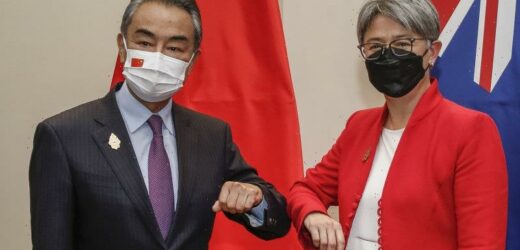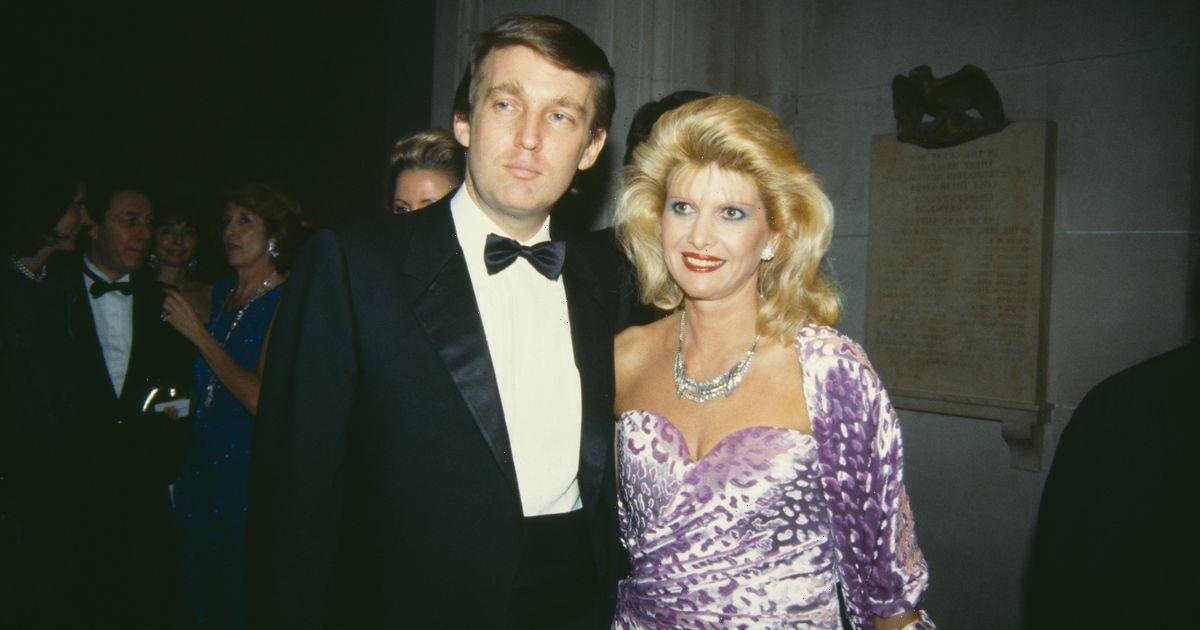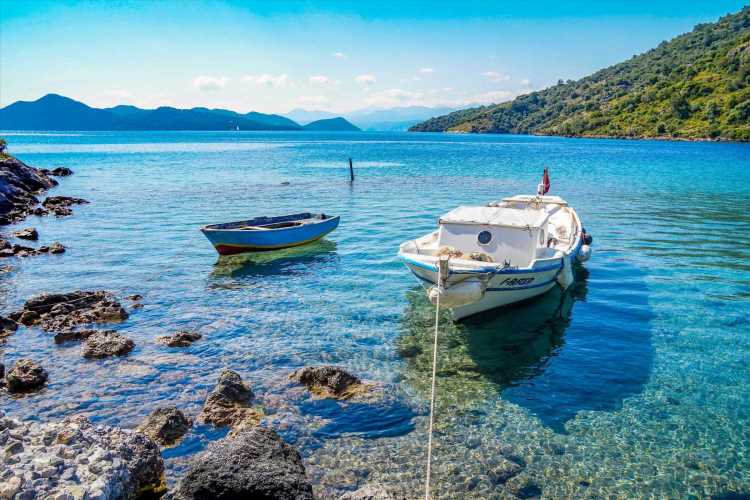When Anthony Albanese won the federal election in May, China’s Premier Li Keqiang, the second most powerful Chinese official behind President Xi Jinping, was quick to congratulate Australia’s new prime minister. After a two-year diplomatic freeze at a ministerial and prime ministerial level between Canberra and Beijing, the message was an unexpected olive branch from the Chinese government.
After many years of mutually beneficial ties, the relationship was one in disrepair. China had imposed more than $20 billion in trade sanctions on Australia in response to legitimate national security decisions taken by the Coalition government, including the banning of Chinese telco Huawei from the 5G network, new foreign interference laws, calling out Beijing’s human rights abuses in Hong Kong and Xinjiang and an appeal for an independent inquiry into COVID-19.
Foreign ministers Penny Wong and Wang Yi met in Bali during a G20 summit.Credit:Johannes Christo
Relations between the two nations reached a low ebb during this year’s federal election campaign, when the then defence minister, Peter Dutton, warned during an Anzac Day television interview that Australia needed to “prepare for war” in light of the looming threat from China. While Dutton’s bellicose language appeared more about inciting a debate with Labor over national security, it still set off alarm bells over the future security of the Indo-Pacific region.
From that point, it was always going to be a long road back to normalising ties, even if normal won’t be same as before China embarked on a more aggressive, and repressive, path. That was evident when Albanese, several days after receiving Beijing’s letter of congratulations, was adamant that nothing would change until China removed its sanctions on Australian products. And despite Beijing’s overtures, the strategic competition between China and Australia was on display soon after the election, when Foreign Minister Penny Wong was forced to counter a bid by her Chinese counterpart, Wang Yi, who, during a 10-day tour of the Pacific, unsuccessfully tried to sign up 10 nations to a Solomons-style security deal.
Notwithstanding this bumpy start, Australia and China do seem to be making a concerted effort to mend relations. In mid-June, Deputy Prime Minister Richard Marles met Chinese Defence Minister General Wei Fenghe in Singapore and, more recently, Wong and Wang were able to talk face to face at the G20 meeting in Bali.
In concrete terms, little came out of either meeting, but in the diplomatic dance under way in a bid to rebuild some trust or common ground between the two governments, just having senior ministers in the same room talking should be considered a positive step.
It has also helped that both sides have toned down their language. Age national security correspondent Anthony Galloway reported that Beijing has been pulling back on its “wolf warrior” diplomacy over the past 12 months as it comes to terms with the widespread damage the approach has done to its international reputation. And with the election behind him, Albanese has been able to lower the rhetorical temperature. He is treading a fine line between insisting that Australia is not about to kowtow to China’s demands while also showing an eagerness to get the relationship back on track.
Good intent, however, will not be enough. There are still some major sticking points. China’s continuing support for Russia’s brutal invasion of Ukraine is impossible to ignore. And the communist state’s push to expand its military and diplomatic influence in the Indo-Pacific region shows little sign of slowing.
That was evident this week at the Pacific Islands Forum in Suva. In a bid to counter China’s influence, US Vice President Kamala Harris pledged via video link to deliver $900 million in fisheries economic development aid over the next decade, along with the return of the Peace Corps to the region, a US Pacific strategy and climate change co-operation. Albanese, who attended the leaders’ summit, committed Australia to building a new $83 million headquarters for the Fijian navy and spent a lot of time selling his government’s stronger commitment to tackling climate change.
In July 1971, then Labor leader Gough Whitlam became one of the first Western leaders to visit China, in a bid to forge diplomatic and trade relations with the communist state. The visit marked the beginning of what had been, in most part, a successful relationship not just economically but culturally and diplomatically.
Albanese clearly faces a different China to the one Whitlam dealt with more than 40 years ago. The communist state’s rapid development domestically and on the global stage has been remarkable. However, early hopes that allowing China to build economic ties with the West would convince Beijing to improve its human rights record and adopt more democratic principles have proven misguided.
Since the election of the Albanese government, progress has been made in normalising relations. That is a welcome change. Few would expect that Canberra and Beijing will see eye to eye on many issues, but that should not stop the Albanese government from making every effort in finding a more workable relationship. The future security of the region could depend on it.
Gay Alcorn sends a newsletter to subscribers each week. Sign up to receive her Note from the Editor.
.
Most Viewed in Politics
From our partners
Source: Read Full Article



